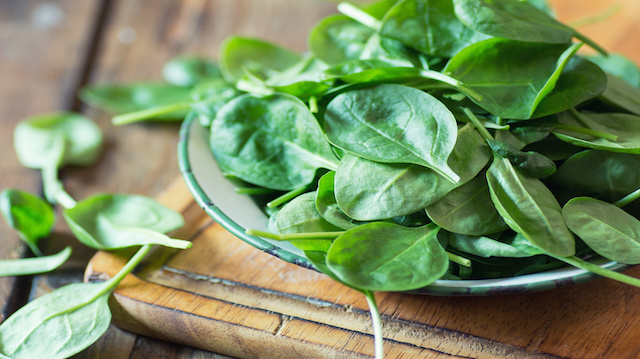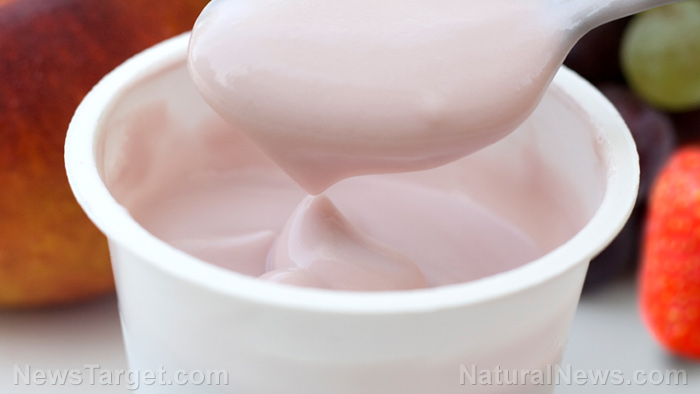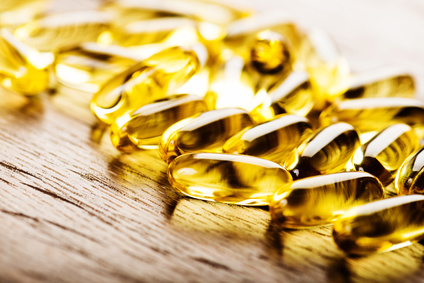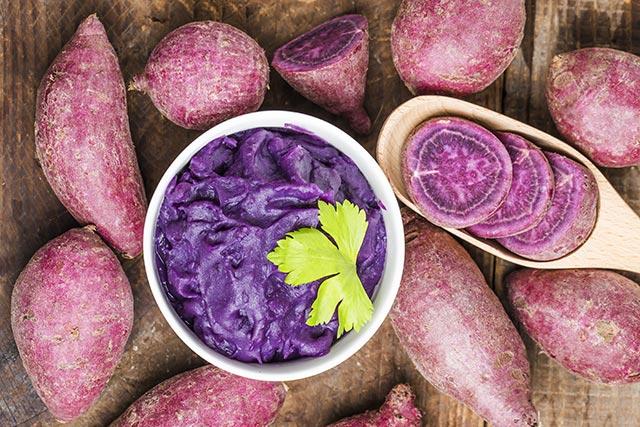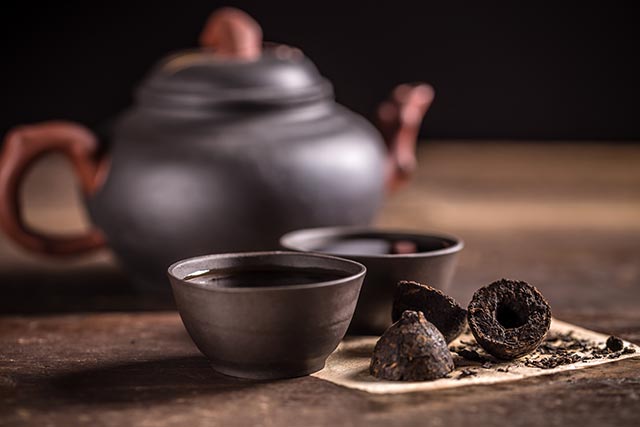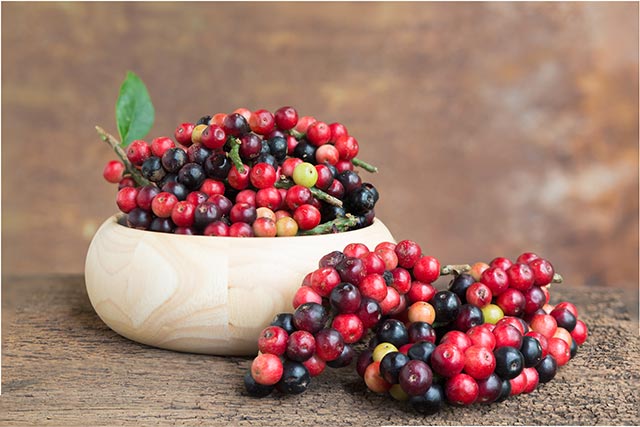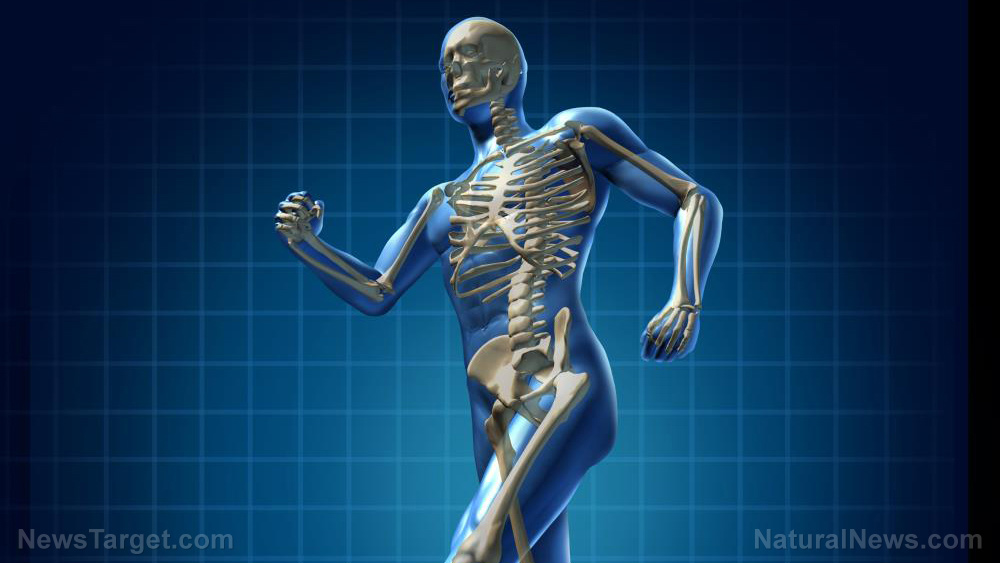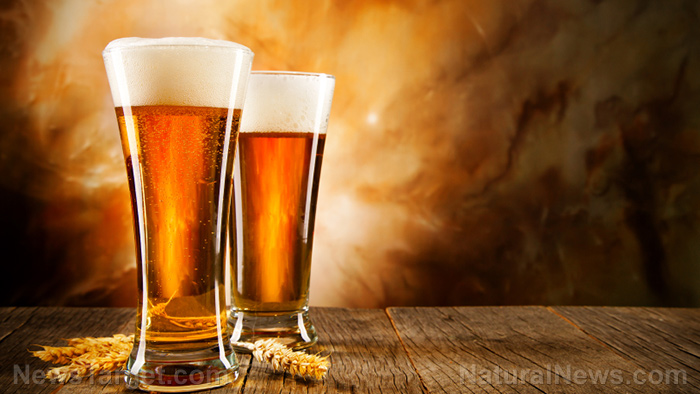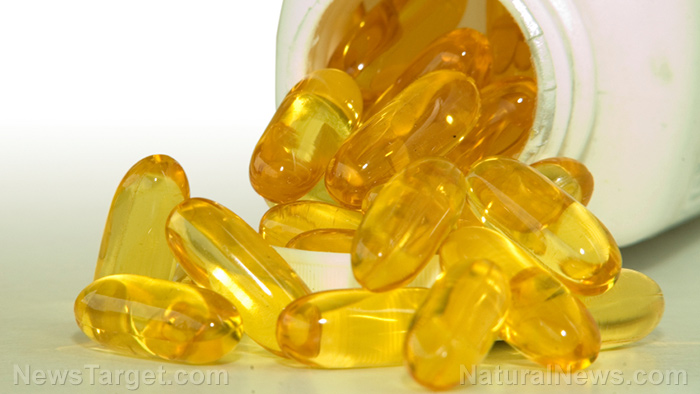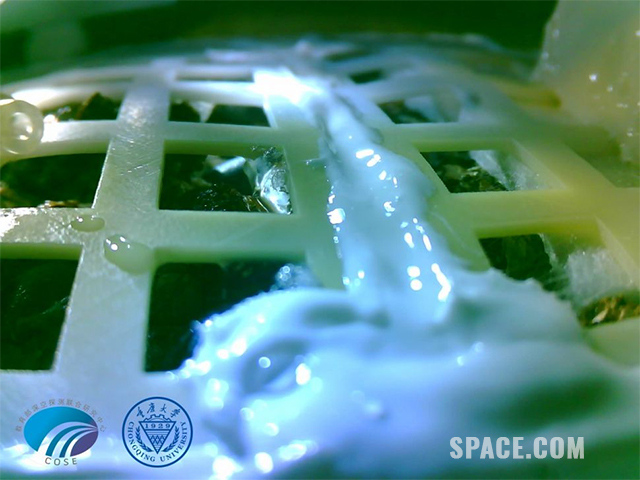Some probiotics can improve muscle health and protein absorption: A scientific review
03/11/2018 / By Michelle Simmons

Certain probiotics, such as Bacillus coagulans GBI-30, 6086, can enhance muscle health and protein absorption, according to a review of studies published in the journal Probiotics and Antimicrobial Proteins.
According to the review authors, data obtained from an in vitro gut model showed that the probiotic could break down protein and a large variety of carbohydrates. A study using pig models showed that supplementation of B. coagulans GBI-30, 6086 for four weeks resulted in an increase of 10 percent in protein utilization. On the other hand, studies in humans prove that that probiotic strain can increase amino acid appearance in the blood when consumed with protein. This is associated with the strain’s production of digestive enzymes which include varieties of protease that can aid in the breaking down of protein. More studies in humans revealed that the strain is linked to enhanced performance and decreased muscle damage. A pilot study on the effects of B. coagulans GBI-30, 6086 with casein, which is a slow-digested protein, combined with a resistance training program resulted in an increase in athletic performance, in particular, vertical jump peak power, in comparison too casein alone.
Ralf Jäger, lead author of the review, and his co-authors wrote that the increase in vertical jump performance might be based on assisting muscle recovery through gut microbial modulation. In addition, a follow-up study looked at whether the combining B. coagulans GBI-30, 6086 with protein provides beneficial effects on muscle damage, performance, and recovery after a muscle-damaging exercise bout. Results revealed that the muscle-damaging exercise greatly increased muscle soreness and reduced perceived recovery in the protein alone group. On the other hand, the supplementation of the combination of B. coagulans GBI-30, 6086 with casein greatly reduced soreness and enhanced perceived recovery. These were also supported by blood biomarkers of muscle damage. The researchers wrote that reduced muscle damage and faster recovery might result in an improved adaptation rate to training, following to a quicker rise in hypertrophy and performance.
Exercise-induced skeletal muscle tissue damage occurs as a result of the forced lengthening of active muscle, which directly causes microtears of the myofibrils, resulting in muscle soreness and swelling, and decreased forced production. The initial reaction is followed by a secondary inflammatory response integral to skeletal muscle repair and recovery.
On muscle strains
Also known as pulled muscles, muscle strains occur when the muscle is overstretched or torn. Typically, this happens due to fatigue, overuse, or improper use of a muscle. Muscle strains commonly occur in the lower back, neck, shoulder, and hamstring. These can result in pain and may keep you from using the affected muscle. A person with a muscle strain may experience one or more of the following: sudden onset of pain, soreness, restricted range of movement, bruising or discoloration, swelling, a “knotted-up” feeling, muscle spasms, stiffness, and weakness. Treatments for mild to moderate muscle strains, which can be done at home, include the application of hot or cold compress. Furthermore, foods that can help support muscle health include pinto beans, dark-meat chicken, sunflower seeds, baked potato, whole grain cereal and skim milk, and halibut and other foods rich in vitamin D. (Related: Mustard compound helps build muscle, increase strength and performance.)
If you’d like to read more news stories and studies on natural supplements, go to SupplementsReport.com.
Sources include:
Tagged Under: #nutrition, 6086, Bacillus coagulans GBI-30, dietary supplements, exercise, fitness, gut health, men's health, muscle, muscle damage, muscle health, muscle strain, muscle-damaging exercise, muscular system, probiotic strain, probiotics, remedies, supplements, women's health


